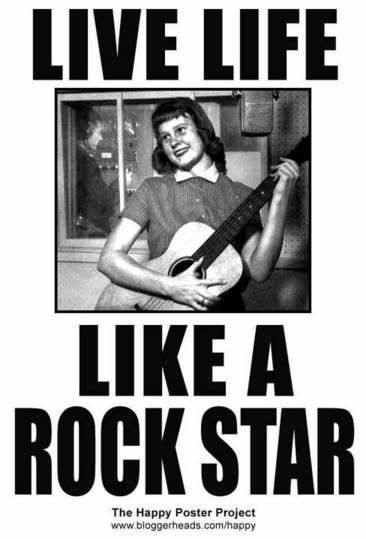
"Check. Check 1. Sibilance. Sibilance. Check. Check 2. Sibilance. Sibilance."
*
“The waiting is the hardest part
Every day you see one more card
You take it on faith, you take it to the heart
The waiting is the hardest part...”
*
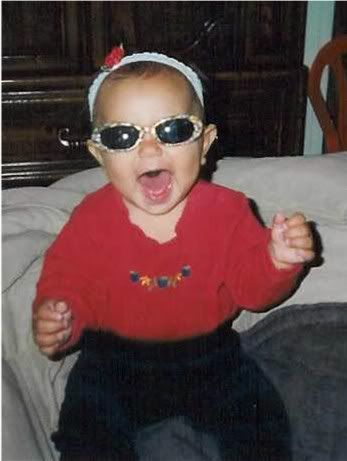
Doo doo doo….doo doo doo doo doo…ohhhhh, hey there, I didn’t see you come in! LOL! While the scientific community is admirably engaged hook, line and sinker in cracking the worldwide dilemma of global warming, finding a cure to all cancer and perfecting stem cell research in the greatest hopes of curing a wide range of human disorders including ruptured spinal cords, cerebral palsy and Parkinson’s disease, one scientist has stepped into the cultural forefront to ponder “Rarely is the question asked, ‘Why do bands keep audiences waiting?’”
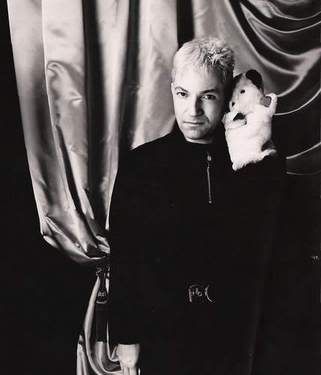
Richard Witts, a writer on music and society, a teacher at Goldsmiths’ College of the University of London, the University of Surrey and the University of Sussex, a regular personality on BBC radio and television, and a lifelong versatile musician from the Grimsby & District Symphony Orchestra to post-punk outfit The Passage, addresses this very question in his latest study, "I'm Waiting for the Band: Protraction and Provocation at Rock Concerts." which was published in Cambridge University's international academic journal Popular Music.
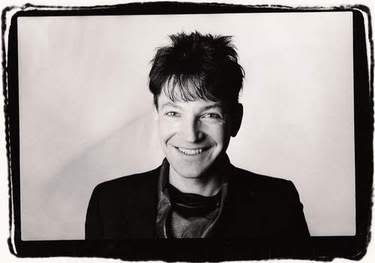
In extensive research and interviewing, he suggests that indeed equipment difficulties make up approximately half of lengthy delays, and most oftenly “the most common reason for a delay is still that the left or right channel of the PA system has, as they say, 'gone down'.” Also, he cites that there are “escalating manifestations of backstage rituals whereby the artists themselves 'focus their energies' through hand-holding, chants, candles and prayers.“ and in result of this, “tour managers claim that artists increasingly desire that this concrescence of energy should exist on the other side of the stage equally, and that it's in the interests of the event to invest in, and optimise, the congregational dynamic.” Yet, as Witts explains, “there is a curious, ill-defined period between the moment the technicians have finished their on-stage preparations so that the stage is fit for the artist - that pageant known as the 'roadie cabaret' - and the moment of the band's arrival, when it ultimately appears incorporate on stage.” Thus, he lays his thesis down:
*
“How long is that gap meant to be? This seemingly non-productive passage of time is unique to non-unionised music. Unlike classical concerts or recitals there's rarely a strict schedule, perhaps a hand-written notice pinned to a door with the tour manager's suggested order: '8.30pm support act, 10pm main band'. But, as one yellow-toothed tour manager told me, 'The main guys are a law unto themselves. Rock Around The Clock it ain't'. So for argument's sake let's call the gap - which occurs post-technician and preartist - the Expectant Void.”
*
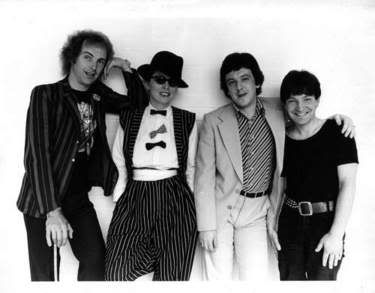
In interviewing three prominent British promoters and two tour managers to investigate what exactly is going on within the “expectant void”, Witts found that they don’t believe the void is meant to arouse anticipation or suspense, but instead “classify - into four categories - what they call 'the irritating events' that fill it.”. Technical hold-ups (40%) and miscommunication (10%) make up two of the four categories. Yet, his respondents claimed that 20% of hold-ups “covered the unforeseen, the accidental or the 'cock-up'.” which include the most common example of it: “nip outside to buy a packet of cigarettes but leave their backstage pass in the dressing room and the stage door security won't let them inside, even when they point to their photos on the posters (this is why the press-stud wristband was introduced, itself now a caste status symbol)” He also claims these two particular incidences as supreme examples of the unforeseen:
*
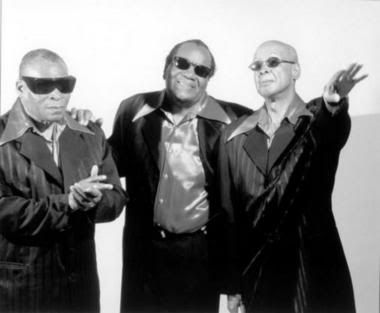
1) “The Blind Boys of Alabama - being blind - walk in crocodile formation, one hand on the shoulder of the brother in front. At one British venue they were given a green room at stage level to save them walking far. As they were about to go on stage, one of them decided he wanted to go to the toilet. They agreed it would be best under the circumstances if they all went to the toilet. But the nearest toilet by now was at the side of the auditorium. So the first view the audience got of the Blind Boys of Alabama was not of them walking onto the stage but instead groping along the wall of the stalls in formation, disappearing one by one into the Gents (and eventually out again).”
2) “A cult band was going on stage in Manchester but the members suddenly noticed the singer had disappeared. The manager called the head of security who made a backstage search, only to find the singer halfway down a dark corridor being given a blow job by a dedicated fan. Thus in order to come on stage he had to come off-stage First.”
*
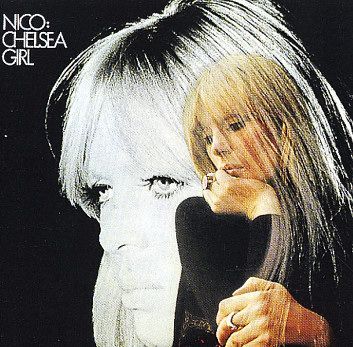
Finally, it is the artist him/herself who accounts for 30% of delays, where ego-feeding and fear of failure itself is the greatest blame behind it of all. Witts explains the longest-known length of time an artist kept the audience waiting, at two-and-a-half hours:
*
“In 1984 the ex-Velvet Underground chanteuse Nico toured Eastern Europe. In Prague it was only in her dressing room (just before she was due to go on stage) that Nico discovered she'd run out of heroin. She ordered a roadie to get some. In Prague. He went out of the venue and eventually, in Wenceslas Square, to his amazement, he found a dealer. He paid over the odds but he purchased for Nico a gram of smack. Nico, relieved, opened up the wrap, only to find it was a 'bum deal' of all-too-real brown sugar. 'You fools,' she groaned, 'You can't do anything right. I'll have to go out myself.' By now the audience had been waiting an hour and a half over time. She put on her coat, went outside and, eventually, she bought a deal. Returning to her dressing room, she opened it up - only to find that she'd been to the same man and now had two wraps of certified demerera. Her audience had by then been waiting two and a half hours, and she now had to go on stage to perform - without her fix, in a state of tortured withdrawal. Her first words were, 'Would anyone like some sugar?'.”
*
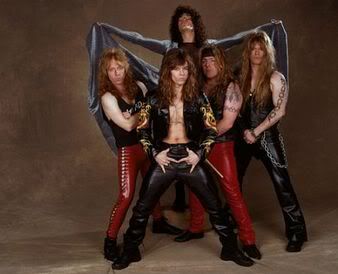
So remember, next time you’re stuck there in the pit salivating for Yngwie Malmsteen to snake-charm all 24 of his caprices from his 1972 blond Strat, “The Duck”, you can feel a little bit of comfort knowing that he’s probably just scratching through flavor after flavor of Harry Potter All-Flavor jelly beans, vowing not to rise until he tastes a Maui Wowie flavored one. And remember:
*

“Don’t let it kill you baby, don’t let it get to you
Don’t let ’em kill you baby, don’t let ’em get to you
I’ll be your breathin’ heart, I’ll be your cryin’ fool
Don’t let this go to far, don’t let it get to you…”
*
XOXO,
Noah Eaton
(Mistletoe Angel)
(Emmanuel Endorphin)




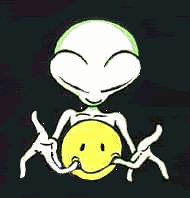


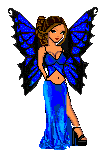















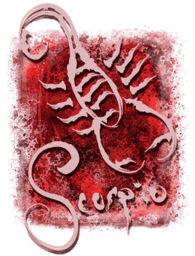


















0 Comments:
Post a Comment
<< Home